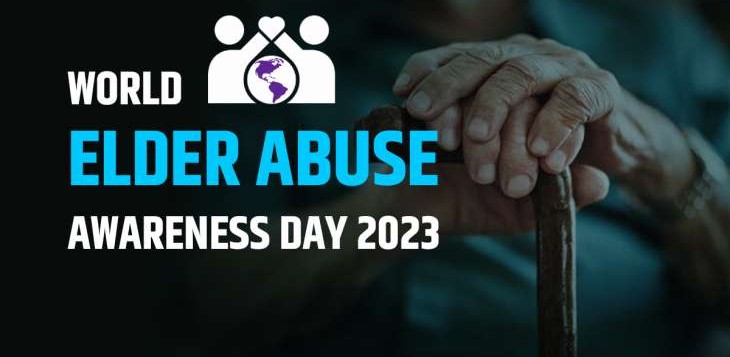Once upon a time, in a quiet little village amidst the vast landscape of India, lived an elderly couple named Navin and Manisha. They had dedicated their entire lives to nurturing their children and building their beautiful homes. However, as they aged, they found themselves facing an unforeseen and disheartening reality: they were becoming increasingly irrelevant in the lives of their children.
Across the nation, similar tales of neglect and abandonment have been echoing through the walls of countless old-age homes. The distressing rise in the number of such establishments has become a poignant indicator of a larger societal problem – the erosion of traditional values, diminishing family ties, and the dire need for awareness on World Elder Abuse Awareness Day.
India, a land renowned for its strong family bonds and respect for elders is witnessing a seismic shift in societal dynamics. The statistics paint a bleak picture. As per a report by Help Age India, the number of older persons (those aged 60 and above) in the country is projected to reach a staggering 173 million by 2026. Furthermore, according to the 2011 Census, around 71% of the elderly population in India lived with their families. However, this number has been declining steadily in recent years.
The impact of elder abuse on the health and well being
1. Physical Health Consequences: Elder abuse can have severe physical health consequences for older adults. Physical abuse, such as hitting, pushing, or restraining, can result in injuries ranging from bruises and fractures to more serious conditions like head trauma or internal organ damage. These injuries may lead to chronic pain, decreased mobility, and increased vulnerability to other health problems.
2. Mental Health Implications: Elder abuse can significantly impact the mental health and well-being of older adults. Emotional abuse, including verbal threats, humiliation, or isolation, can cause psychological distress, anxiety, depression, and even post-traumatic stress disorder (PTSD). The constant fear and sense of helplessness associated with abuse can deteriorate the mental resilience of older adults and undermine their overall quality of life.
3. Increased Risk of Chronic Diseases: Elder abuse can exacerbate existing health conditions or contribute to the development of chronic diseases. The stress and trauma associated with abuse can weaken the immune system, making older adults more susceptible to infections, cardiovascular diseases, and other chronic conditions. Furthermore, victims of elder abuse may be less likely to seek medical care, leading to untreated health issues and worsening overall health outcomes.
4. Cognitive Decline: Elder abuse has been linked to accelerated cognitive decline and increased risk of dementia. The chronic stress and psychological trauma caused by abuse can negatively affect cognitive functioning, memory, and attention. Additionally, the emotional distress resulting from abuse can lead to social isolation, further increasing cognitive decline.
5. Mortality Rates: Elder abuse has been associated with higher mortality rates among older adults. Victims of abuse may experience a decline in overall health, reduced access to healthcare, and increased vulnerability to life-threatening conditions. The physical injuries, psychological distress, and neglect resulting from abuse can significantly shorten an older adult's life expectancy.
It is crucial to address elder abuse to protect the health and well-being of older adults and ensure a safe and supportive environment for them to age with dignity.
To combat this alarming trend, the youth of India must rally together and take action. It is our responsibility to advocate for change, nurture the spirit of compassion, and revive the fading values of filial piety. We must strive to create a society that provides holistic care, love, and respect for its elderly citizens.

 Seeks to shine a light on this grave issue. Elderly individuals, who should be cherished and respected, too often become victims of neglect, abandonment, verbal abuse, and even financial exploitation. The stories of mistreatment and anguish suffered by the elderly are a reminder of our collective failure as a society
Seeks to shine a light on this grave issue. Elderly individuals, who should be cherished and respected, too often become victims of neglect, abandonment, verbal abuse, and even financial exploitation. The stories of mistreatment and anguish suffered by the elderly are a reminder of our collective failure as a society









.jpeg)




.jpeg)

.jpg)













